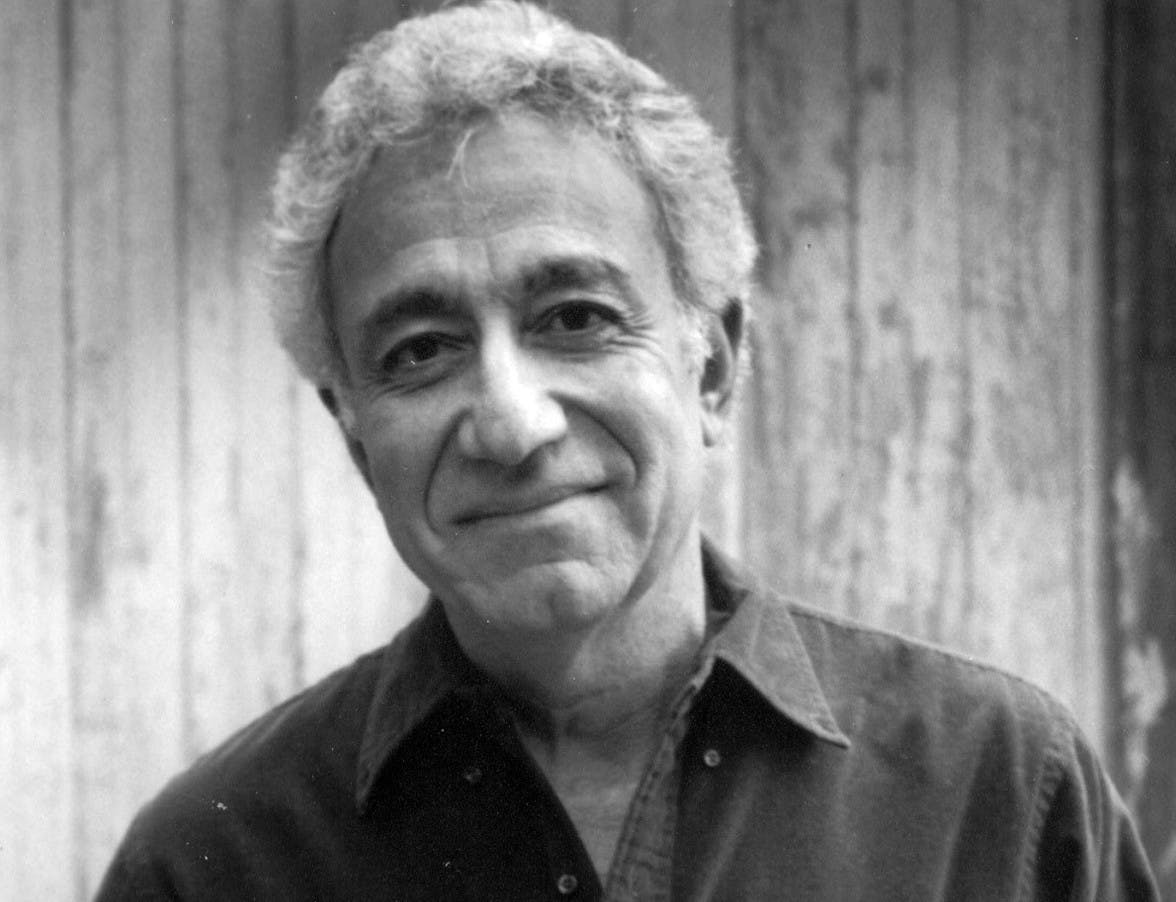In this commentary, Rose points out how mass media addresses education, which is mainly presented by academics and others outside of the classroom rather than those who are seasoned practitioners.
“Over the last 20 years, the New Yorker magazine has published 60 articles under the banner “Annals of Medicine,” and 38 of them — 63 percent — are written by medical doctors,” writes Rose. “During that same period, the magazine has published 17 articles under the banner “Annals of Education,” and not a single one of them is written by a professional educator, nary a classroom teacher or educational researcher among the authors.
“I realize that with the proliferation of new media and Internet platforms, there are many, many venues for educators — from the primary grade teacher to the college professor to the neighborhood parent activist — to make their voices heard, and in some cases to influence the public conversation about education. I’m focusing here on traditional high- and middle-brow media, for they still have strong influence with government, think tanks, philanthropies, high-profile opinion makers, and other decision-making and gate-keeping entities.”
Rose delineates how mainstream media reduces education coverage to topics such as education’s economic effects for individuals and the nation, curriculum standards and testing, and administration and funding.
“This economic-managerial focus has elevated a technocratic discourse of schooling and moved out of the frame discussion of the intellectual, social, civic, and moral dimensions of education,” states Rose in his commentary. “Publishing houses produce tips for teachers, or guidebooks for students, or recipes for school reform. There is an occasional journalistic account of a colossal policy failure, or of a day, week, or year in a beleaguered inner-city school, or a memoir of a child’s heroic ascent from the ghetto or rural poverty to the Ivy League. But you’ll be hard pressed to find reflections on the extraordinary human drama that daily unfolds as people, young and not-so-young, ponder and struggle to understand told by those closest to it.
“If the dominant language we hear about education is stripped of a broad range of human concerns, then we are susceptible to speaking and thinking about school in narrow ways.”
To read, “Who Isn’t Writing About Education – and Should Be?” as it appears in The Washington Post, click here.
To read Professor Rose’s blog, visit this link.
